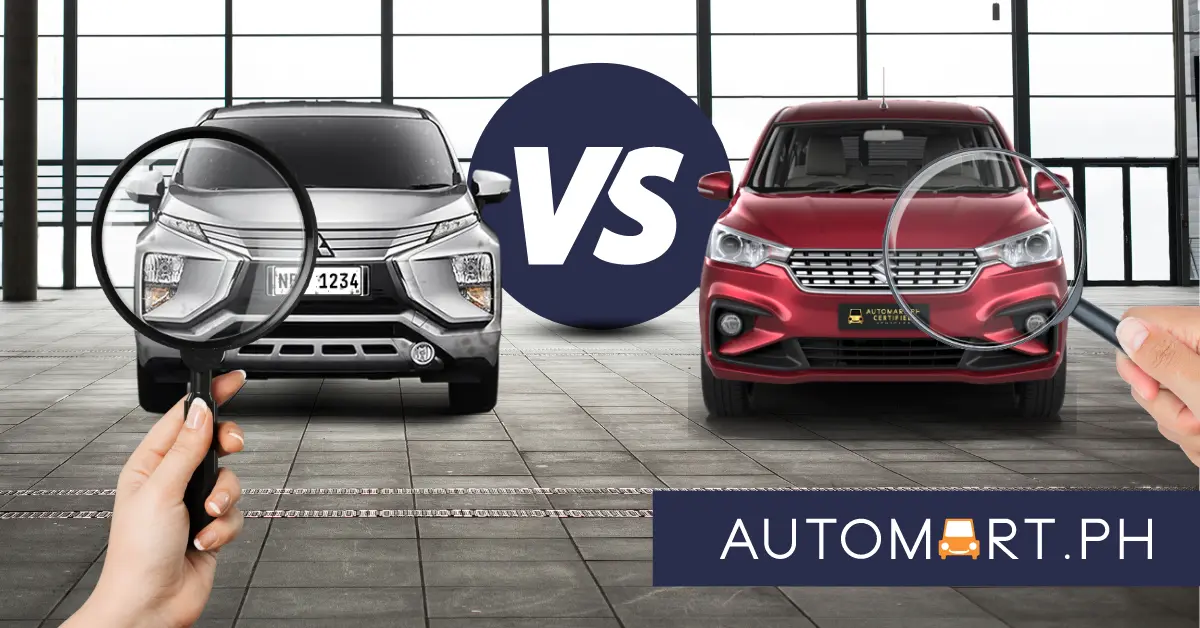
Bank Repossessed Cars vs Used Cars Dealerships
Updated on December 20 2025
In the ever-evolving landscape of car shopping in the Philippines, the options are as diverse as the archipelago itself. Two prominent avenues stand out: the allure of repossessed cars and the familiarity of used car dealerships. Each path has its set of pros and cons, and the decision-making journey necessitates a meticulous understanding of your priorities and preferences. Let's delve even deeper into the intricacies of repo deals and dealership purchases to empower you with the knowledge needed to make an informed choice.
Buying a Repossessed Car
Pros:
1. Lower Prices, Higher Savings
Banks, often in the pursuit of swift liquidation, price repossessed cars at significant discounts ranging from a tempting 20% to a whopping 40%. This can be a saving grace for those on a tight budget.
2. Trust in Institutions
Dealing with banks adds a layer of credibility and trust to the transaction. The risk of fraudulent dealings or misrepresentations is significantly reduced, given the institutional stature.
3. Snagging Newer Models
Due to the unfortunate circumstance of loan defaults, many repossessed cars belong to relatively recent model years. This presents an opportunity to acquire a modern vehicle without the hefty price tag.
4. Crystal-Clear Titles
Banks, in their meticulous nature, handle legal documentation with precision. This ensures that you won't inherit any ownership headaches when driving off with your newly acquired car.
5. Financing Possibilities
Some banks sweeten the deal by extending financing options for repossessed cars. This allows you to break down the cost into manageable chunks, aligning with your financial capabilities.
Cons:
1. Sold "As-Is"
Repossessed cars come with a strict "as-is" policy, essentially meaning you are taking the vehicle in its current condition. Repairs, if needed, become your sole responsibility.
2. Limited to No Warranty Coverage
Warranties are a rare sight at the repossession auction. Cars often hit the block without any warranty coverage, necessitating a contingency fund for potential repairs.
3. Hidden Mechanical Gremlins
A thorough inspection is your best ally when considering a repossessed car. Uncover potential mechanical issues before committing to a purchase, or you might be in for a surprise.
4. Limited Options
The array of choices might be more modest compared to the expansive selection at dealerships. Fewer models and features could limit your customization options.
5. Fierce Auction Competition
The thrill of auctions can quickly turn into a competitive battleground. Bidding wars are not uncommon and can potentially drive prices higher than anticipated.
Buying from a Used Car Dealership
Pros:
1. Diverse Selection
Dealerships are a treasure trove of variety. They offer an extensive range of models, years, and features to cater to different tastes and preferences.
2. Pre-sale Inspections
Many dealerships take the initiative to conduct thorough inspections. Minor issues are often addressed before showcasing their pre-owned cars, ensuring a certain level of quality.
3. Warranties for Peace of Mind
Warranties, a rare commodity at auctions, are not as elusive at dealerships. Some offer warranties for pre-owned cars, providing buyers with an added layer of assurance.
4. Room for Negotiation
Negotiation skills can come in handy at a dealership. Unlike fixed auction prices, dealerships might be open to striking a deal that suits both parties.
5. Test Drives
Before committing, take the car for a spin. Dealerships usually allow test drives, letting you gauge the vehicle's performance, comfort, and overall feel.
Cons:
1. Heftier Price Tags
The convenience of a dealership comes at a cost. Cars on the lot tend to be pricier than their repossessed counterparts. If budget constraints are a significant consideration, this might pose a challenge.
2. Potential for Markups
Watch out for inflated prices. Some dealerships might mark up the cost, necessitating vigilant research and comparison to ensure you're getting a fair deal.
3. Risk of Unreliable Sellers
The transparency of private sellers within dealerships can vary. Some might not provide the full picture of a car's history or condition, making due diligence crucial.
4. Financing Challenges
Financing terms might not be as favorable as those offered by banks. Interest rates and down payments for used car loans could be less appealing compared to bank options.
Deciphering the Dilemma
The verdict, as always, boils down to your unique preferences and priorities. If you're counting every peso and don't mind getting your hands dirty with inspections and repairs, a repossessed car could be your golden ticket. On the flip side, if you value variety, warranties, and the convenience of test drives, a used car dealership might be your port of call.
Bonus Tips
1. Thorough Research is Key
Dig into the details of both repossessed cars and dealership offerings. The more you know, the better equipped you'll be to make an informed decision.
2. Professional Inspection Matters
Before sealing the deal, invest in a professional inspection. It might save you from potential headaches down the road.
3. Budget Wisely for Repairs
If you're eyeing a repossessed car, set aside a budget for possible repairs. It's better to be prepared than caught off guard.
4. Compare Financing Options
Don't forget to compare financing options. Whether it's a bank deal for a repossessed car or dealership financing, understand the terms and choose what aligns with your financial goals.
The road to your next car might have a few twists and turns, but armed with knowledge, you'll navigate it like a pro.